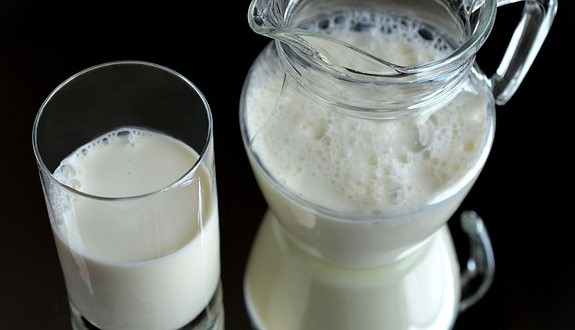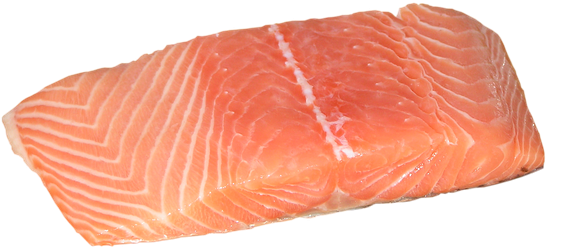The Nutritional Needs of Different Age Groups
The Eatwell guidelines should be followed by everyone. However individuals nutritional needs will change throughout their lifetimes.
Young Children (2-5 year olds)
Very young children only have small stomachs so should have small and frequent meals to get the energy they need to live and grow. Calcium is extremely important for this age group to help their bones and teeth grow. 300ml of milk a day will provide all the calcium they need and provide a good source of vitamin A.

As children grow up between the ages of 2 and 5 they should gradually move to a diet based on the Eatwell guide. Children can be fussy eaters so should be introduced gradually to new foods to provide variety in their diets.
Children (5-12 year olds)
Children in this age group are growing steadily and are very active. Therefore they need foods that not only provide nutrients but will also meet their energy needs. Children need protein to grow, carbohydrates and fats to provide energy and calcium and vitamin D for healthy teeth and bone development.
Foods high in sugar should only rarely be consumed as they can lead to excessive weight gain and tooth decay.
Teenagers
Teenagers should follow the eat well guidelines, aiming for a balanced diet. Rapid growth spurts will occur in the early teens (girls usually earlier than boys). Teenagers need protein to help with growth spurts; boys will need more as muscle tissue develops. Girls in particular need iron and vitamin C, iron is lost during periods so needs to be replaced to stop them become anaemic, vitamin C helps the body absorb iron. Like for children calcium and vitamin D are important to help the bones reach peak density and size.
Adults
Adults need to focus on maintaining a healthy lifestyle and follow the eat well guidelines to keep the body disease free. Men usually require more calories than women as then tend to be taller and larger and have more lean muscle mass, muscles require more energy to function properly.

Iron is very important for adult women as they continue to lose it through periods. Calcium and vitamin D are important for adults to keep their bones healthy. After the menopause women will lose bone strength so these nutrients are needed to keep the skeleton strong.
During pregnancy women need to adapt their diet to help their baby. Towards the end of their pregnancy, pregnant women should eat about 200 more calories a day. Prior to and during pregnancy women should consume more folic acid to help reduce the risk of birth defects such as spina bifida.
Elderly Adults
Elderly adults need to adapt their diets as they age. For many it will become more difficult to do physical exercise, so they can risk weight gain. Elderly adults should cut down on excess saturated fats to help avoid coronary heart disease.

The senses of taste and smell will also decline which can affect the enjoyment of food.
Elderly adults should consume more calcium and vitamin D to stop their bones becoming brittle; more vitamin B12 to prevent memory loss; more fibre to help prevent constipation as their digestive system weakens; more vitamin A to help maintain good eyesight.
Vitamin supplements may be needed to ensure elderly adults meet their nutritional needs.
